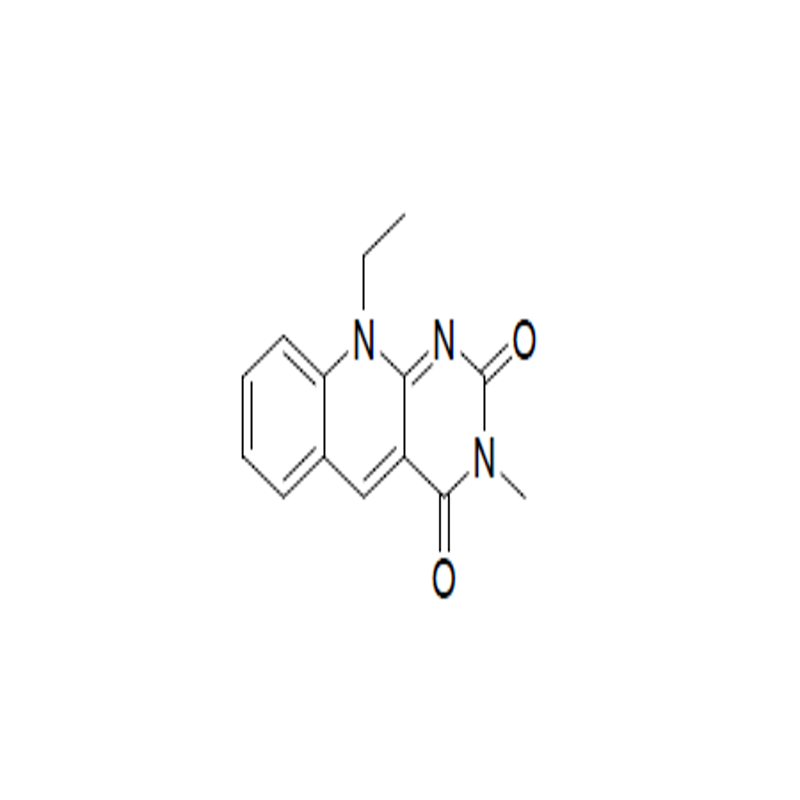Longjing tea quality reasons to find out the evolution of cultivated tea tree road map drawn
-
Last Update: 2021-03-13
-
Source: Internet
-
Author: User
Search more information of high quality chemicals, good prices and reliable suppliers, visit
www.echemi.com
BEIJING, Sept. 17 (Xinhua Yan Jian) According to the latest news from China Agriculture
, the Institute of Tea Research and Shenzhen Agricultural Genomics Research Institute, led by china
Kunming Animal Research Institute and Yunnan Province Agricultural
Tea Research Institute, etc., for the first time assembled the "Longjing 43" chromosome-level genome, explained the "Longjing 43" quality, anti-reverse molecular nature, and depicted the evolution of tea tree. This research provides rich material for tea tree genomics and breeding research, as well as tea tree genetic and evolutionary research. The findings were published online in Nature Communications.Yang Yajun, a researcher at
China's Agriculture
Tea Institute, said that tea originated in China and is popular all over the world, tea trees are widely distributed in China, rich in species resources, six teas have their own characteristics, and there is little research on the evolution of tea trees.The
research team first took the famous fine tea tree variety "Longjing 43" as the material, and used the three generations of assembly software developed by the research team to combine high Hi-C and other technologies to overcome the complex genome assembly problems with high genomic hybridization and high repeat sequence ratio, and completed the genome assembly at the "Longjing 43" chromosome level. Longjing 43 genome size of 3.26Gb, scaffold N50 reached 143.85Mb, with good continuity, in the single base level and scaffold level have achieved high accuracy, obtained 33,556 high-quality annotated genes. The study found that "Longjing 43" and disease resistance, flavor metabolism and self-indesocision and related gene families expanded, and anti-reverse and other related genes occurred positive selection.
Based on assembled, high-quality genomes, the team resequenced 139 representative tea tree materials from different countries and regions around the world, revealing systematic relationships between tea tree populations and depicting the evolutionary history of cultivated tea trees. The study found that with the expansion of cultivated areas, the hybridity and extensive gene flow among tea tree populations increased, and the wild close-edge population of tea trees was small and medium leaf tea varieties (most of which belong to tea variants in plant classification) and large leaf tea varieties (most of which belong to Assam tea variants in plant classification). The ancestors, the domestication process of the choice of the two directions are different, small and medium leaf tea (tea variant) in the long-term domestication process related to the tea flavor of the terpene metabolites and disease-resistant genes were selected stronger than the large leaf tea (Assam variant) tea tree.
This article is an English version of an article which is originally in the Chinese language on echemi.com and is provided for information purposes only.
This website makes no representation or warranty of any kind, either expressed or implied, as to the accuracy, completeness ownership or reliability of
the article or any translations thereof. If you have any concerns or complaints relating to the article, please send an email, providing a detailed
description of the concern or complaint, to
service@echemi.com. A staff member will contact you within 5 working days. Once verified, infringing content
will be removed immediately.







